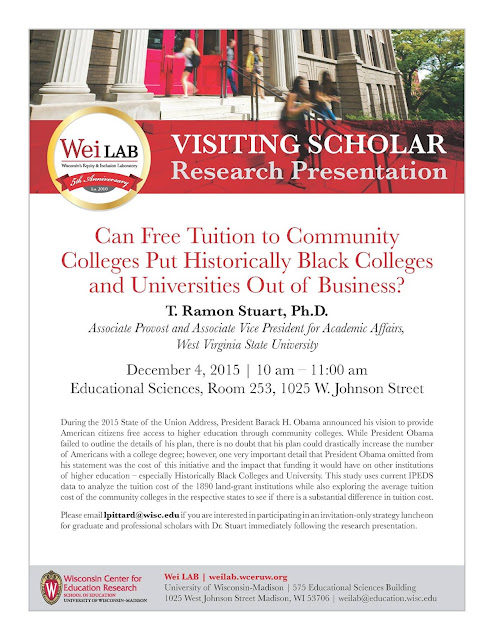from Inside Higher Ed
U of California Criticized for Extending Transfer Deadline
December 14, 2015
The University of California announced early this month that transfer applicants to system campuses -- who thought they had to finish applications by the end of November -- could apply as late as Jan. 4. The university said it was acting because UC campuses recently committed to admitting more transfer applicants. For students who still want to apply, this is, of course, good news.
But the Los Angeles Times reported that many of those who met the standard deadline, and the counselors who helped them, are frustrated. Mihai Gherghina, who met the regular deadline, said, "They didn't tell anyone about this extension until after the deadline. It's unfair how some lazy people were given another chance." Adding to the frustration: those who submitted their applications for the early deadline will receive no preference and will not be permitted to edit their applications between now and Jan. 4.
